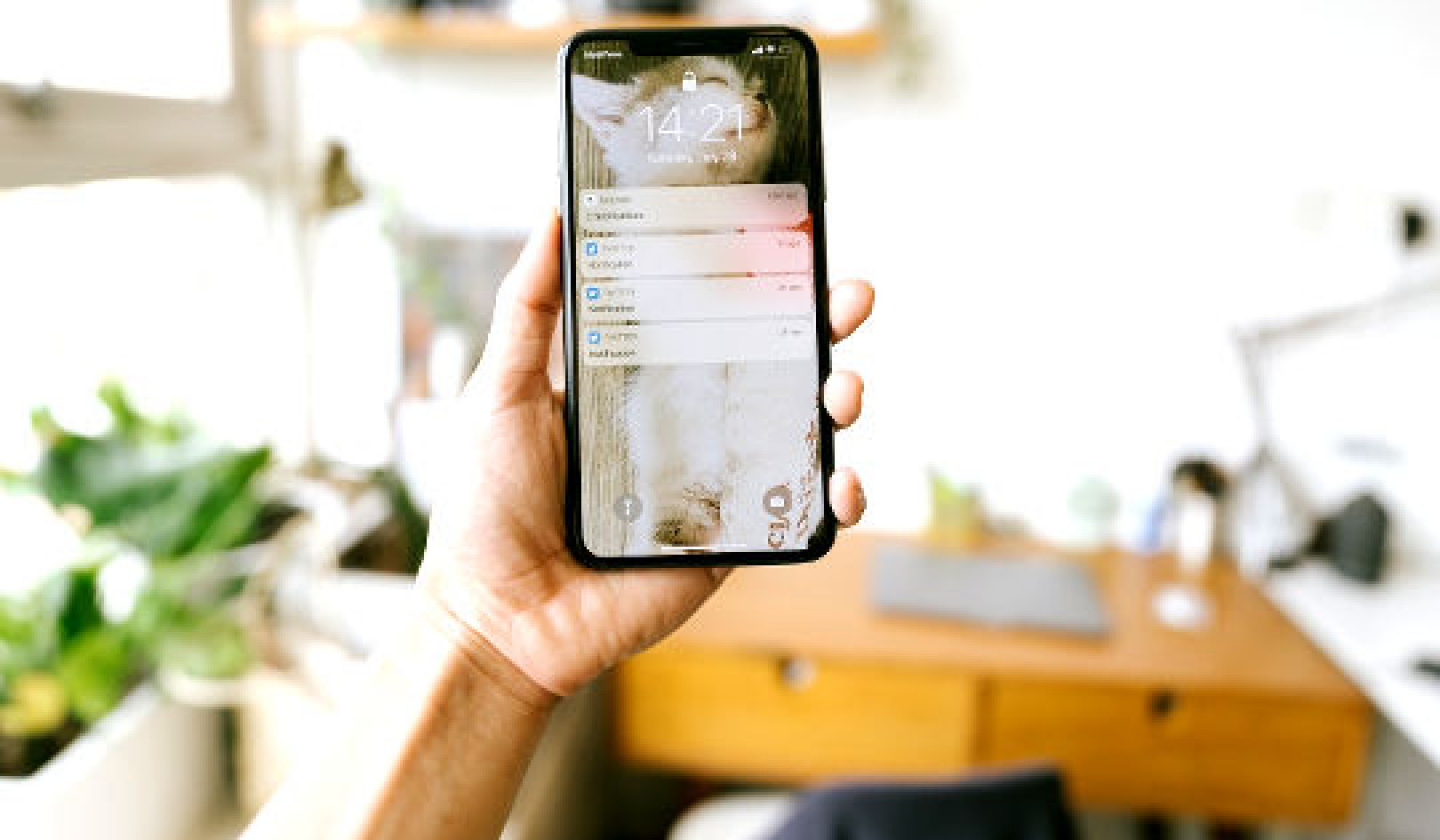Most of us have needed a good laugh over the last 12 months. Searches on Netflix for horror dipped at the peak of the first lockdown, while stand-up comedy saw a huge jump in viewers.
In the world of social media, accounts poking fun at responses to the virus have also gained enormous followings, with accounts like Quentin Quarantino and the Reddit thread CoronavirusMemes surging in popularity in the past year.
We’ve spent a significant amount of time joking about Zoom meetings, hand-washing songs, and home haircuts. But what makes us switch so quickly between panicking at death tolls and chuckling at a video sent by a friend?
As a scholar who’s spent much of my career studying laughter and comedy, I often come across surprising functions of humour. I’ve studied Italian comedy and its reception in 16th-century France, the political consequences of laughter in the Wars of Religion, and the historical antecedents to today’s main theories of humour.
Much of my research has revealed fascinating things about how humour appeals to us in times of hardship. But the pandemic has really amplified the roles that comedy can play and brought home our reliance on humour.
Humour in ancient Rome
Our need to laugh in the face of disaster is by no means new. In ancient Rome, gladiators would leave humorous graffiti on barrack walls before going to their deaths. The ancient Greeks also sought new ways to laugh at deadly disease. And during the Black Death pandemic in 1348, the Italian Giovanni Boccaccio wrote the Decameron, a collection of often funny tales told by storytellers isolating from the plague.
The need to avoid offence with humour is just as ancient. In 335 BCE, Aristotle advised against laughing at anything painful or destructive. The Roman educator Quintilian also outlined in 95 CE the very fine line between ridere (laughter) and deridere (derision). It’s still generally accepted a common position that humour shouldn’t hurt, and this is particularly true when the object of laughter is already vulnerable.
When the boundary between laughter and derision is respected, comedy can play a key role in helping us to recover from disaster, providing benefits which explain our tendency to seek humour in serious situations, especially in terms of enhancing our sense of physical and mental wellbeing.
How humour helps during crises
Laughter serves as a great workout (laughing 100 times burns as many calories as 15 minutes on an exercise bike), helping to relax our muscles and promote circulation. Combinations of exercise and laughter — such as the increasingly popular “laughter yoga” — can also provide significant benefits to patients with depression.
Laughter also decreases stress hormones and increases endorphins. In tough times, when we have thousands of thoughts a day, a bout of giggling provides our brains with respite we desperately need.
In the same way, we seek humour in a crisis because it is difficult to feel scared and amused at the same time, and most often, the combination of these emotions result in feeling thrill and not terror.
Sigmund Freud explored this in 1905 when revising the so-called “relief theory”, suggesting that laughter feels good because it purges our system of pent-up energy. Even in the 1400s, clerics argued that mirth was vital for keeping up spirits, explaining that people are like old barrels which explode if they aren’t uncorked from time to time.
As levels of loneliness reached a record high during the winter lockdown (in November, one in four UK adults reported feeling lonely), laughter has also been crucial in bringing people together. Not only is it typically a communal activity – some scientists believe that our human ancestors laughed in groups before they could speak – it’s even more contagious than yawning.
Given that we’re far more likely to laugh at topics we find personally relatable, humour has helped people to identify with one another during lockdowns. This in turn creates a sense of unity and solidarity, alleviating our sense of disconnectedness. Literature scholar and author Gina Barreca maintains that “laughing together is as close as you can get without touching”.
Laughter can also be a means of easing our worries. Joking around a fear, especially during a pandemic, can make it more manageable, a phenomenon known by comedians as “finding the funny”. This is linked to “superiority theory”, the idea that we laugh because we feel superior to something or someone else (for example, it’s funny when someone slips on a banana because we ourselves haven’t).
We laugh because we are superior, unthreatened, and in control. In this way, joking about a virus heightens our sense of power over it and relieves anxiety. Joking can also be useful because it enables us to talk about our problems and to express fears we may otherwise find hard to put into words.
Though many of us have felt guilty for seeking humour in the pandemic, let’s not add this to our list of worries. Certainly, our situation may not always be a laughing matter. But laughing itself matters, and when used appropriately, it can be one of our most effective coping mechanisms during a crisis, allowing us to find a healthier balance with others, with ourselves, and even with events beyond our control.![]()
About The Author
Lucy Rayfield, Lecturer in French, University of Bristol

Books Improving Attitude and Behavior from Amazon's Best Sellers list
"Atomic Habits: An Easy & Proven Way to Build Good Habits & Break Bad Ones"
by James Clear
In this book, James Clear presents a comprehensive guide to building good habits and breaking bad ones. The book includes practical advice and strategies for creating lasting behavior change, based on the latest research in psychology and neuroscience.
Click for more info or to order
"Unf*ck Your Brain: Using Science to Get Over Anxiety, Depression, Anger, Freak-Outs, and Triggers"
by Faith G. Harper, PhD, LPC-S, ACS, ACN
In this book, Dr. Faith Harper offers a guide to understanding and managing common emotional and behavioral issues, including anxiety, depression, and anger. The book includes information on the science behind these issues, as well as practical advice and exercises for coping and healing.
Click for more info or to order
"The Power of Habit: Why We Do What We Do in Life and Business"
by Charles Duhigg
In this book, Charles Duhigg explores the science of habit formation and how habits impact our lives, both personally and professionally. The book includes stories of individuals and organizations who have successfully changed their habits, as well as practical advice for creating lasting behavior change.
Click for more info or to order
"Tiny Habits: The Small Changes That Change Everything"
by BJ Fogg
In this book, BJ Fogg presents a guide to creating lasting behavior change through small, incremental habits. The book includes practical advice and strategies for identifying and implementing tiny habits that can lead to big changes over time.
Click for more info or to order
"The 5 AM Club: Own Your Morning, Elevate Your Life"
by Robin Sharma
In this book, Robin Sharma presents a guide to maximizing your productivity and potential by starting your day early. The book includes practical advice and strategies for creating a morning routine that supports your goals and values, as well as inspiring stories of individuals who have transformed their lives through early rising.
Click for more info or to order
This article is republished from The Conversation under a Creative Commons license. Read the original article.























